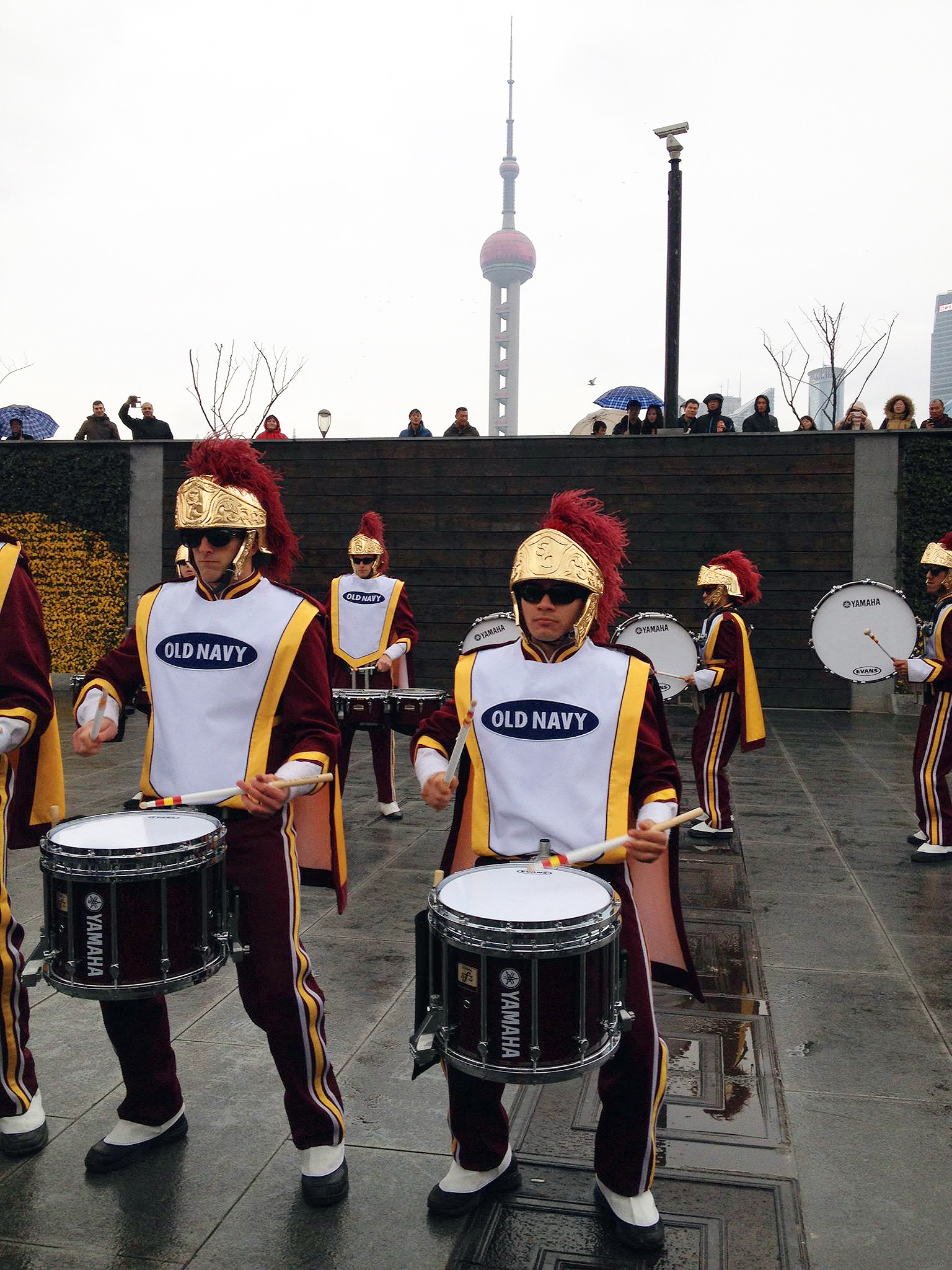Context:
H is a pre-med Biology major at USC who grew up in Vancouver, Washington. His parents immigrated to the US from Vietnam.
Text:
H: “For funerals, you have to visit every day for the first week after the funeral and then once a week for seven weeks. And then, on the hundredth day since the funeral, everybody comes back to the temple. It’s like, the biggest day for them (the dead). You pray for them, wish them well at the temple. The hundredth day is when you have everybody together and you have a big feast. You have these white headbands that you wear and on the hundredth day, they chop off the headband.”
Analysis:
Since H was raised in a Viet-American household, he and his family’s celebration of weddings is similar to an Irish wake funeral, but also adds cultural specificity to Viet customs. For example, it is common in Irish funerals to throw a party on the deceased’s behalf, not only as a celebration of the deceased when they were alive but as a re-engineering of the domineering sorrow of a funeral. H’s feast on the hundredth day pays homage to the one who died without inviting negative emotions into the celebration of the individual.
Funerals are a liminal space, as Von Gennup puts it, lingering between the stages of life and death in a person’s existence on Earth. Rather than using funerals as a chance to mourn, H and Irish funeral traditions connect with members of their community and pray for safety into the next part of existing for the dead. This acceptance of death, the massive respect and commitment to the dead after the funeral, seems cultural, as does the white headbands and time. There is an acceptance of death as time marches on, not a denying of it. Rather, H’s family seems to come to terms that nothing can get in the way of death but glimmers for an appreciation of life and the one the once dead led.

